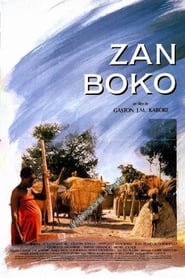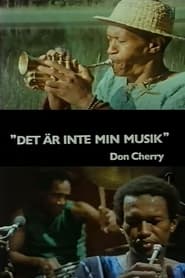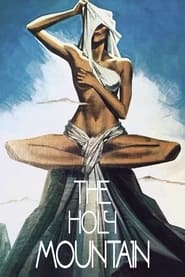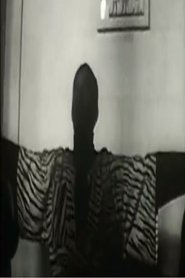detail profile don cherry

Info Pribadi
Peran Yang Di Mainkan Don Cherry
 Set to an excerpt of Don...
Set to an excerpt of Don...Shale Raga 2015
Set to an excerpt of Don Cherry's Malkauns from his border-erasing 1975 album, Brown Rice, Shale Raga extracts corporate video toward resistance a la carbon-based capitalist sorcery, in this case EcoShale technology, which is patented by Alberta-based Red Leaf Resoures, Inc. and promises to "revolutionize" oil shale production in the Book Cliffs of eastern Utah.
 In the Mossi culture one of...
In the Mossi culture one of...Zan Boko 1988
In the Mossi culture, one of the rites attending the birth of a child and its induction as a new member of the community involves the burial of the placenta. The space in which the placenta is buried is called 'Zan Boko' - a phrase which connotes the religious, cultural and affective relations that bind the child to the land and that embraces the notions of 'rootedness' and 'belonging'. Kaboré tells the story of Tinga, who resists the encroaching urbanization of his native territory. The specific rhythms and vision of the rural community, including its values, social relationship, and individual & collective destinies, are altered when a city is planted on the edge of an ancient native village.
 Moki and Don Cherry met in...
Moki and Don Cherry met in...It Is Not My Music 1978
Moki and Don Cherry met in the mid-1960s and soon began collaborating closely. They made happenings, music, art, posters, and record sleeves; they performed together, organized workshops, and toured. The film merges the different worlds they lived in – countryside and city life, and the various disciplines that were interwoven in their artistic practices.
 The Alchemist assembles together a group...
The Alchemist assembles together a group...The Holy Mountain 1973
The Alchemist assembles together a group of people from all walks of life to represent the planets in the solar system. The occult adept's intention is to put his recruits through strange mystical rites and divest them of their worldly baggage before embarking on a trip to Lotus Island. There they ascend the Holy Mountain to displace the immortal gods who secretly rule the universe.
 Don Cherry walks around and plays...
Don Cherry walks around and plays... A concert at the Golden Circle...
A concert at the Golden Circle... A cutout of a womans silhouette...
A cutout of a womans silhouette...